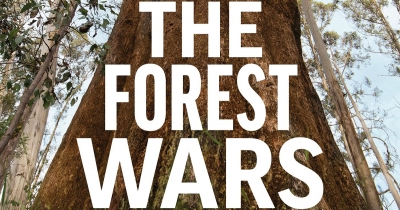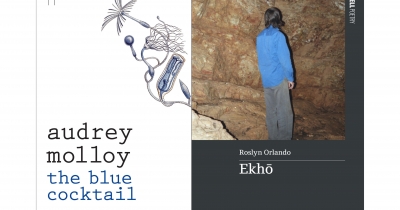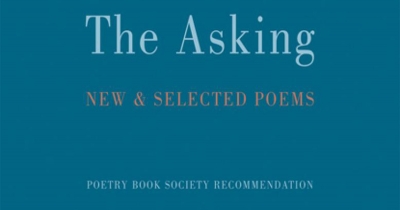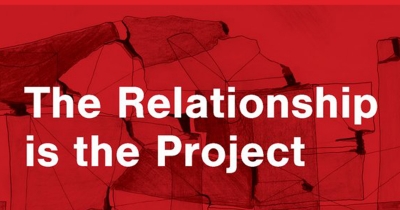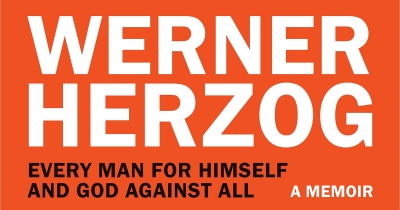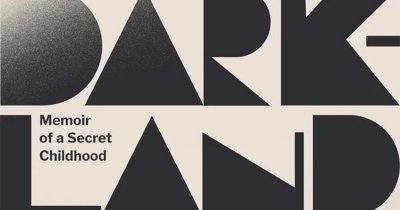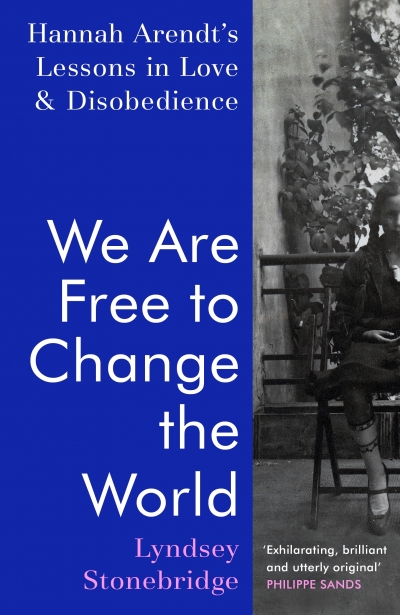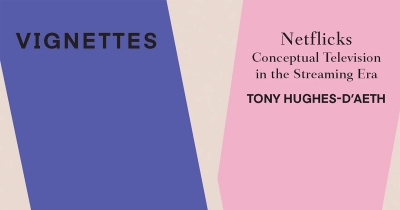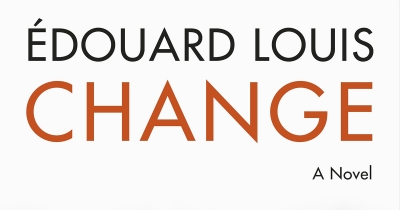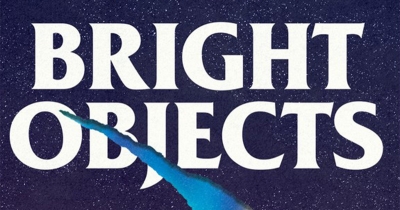Review
Forest Wars: The ugly truth about what's happening in our tall forests by David Lindenmayer
by Dave Witty •
The Relationship Is the Project: A guide to working with communities edited by Jade Lillie and Kate Larsen with Cara Kirkwood and Jax Brown
by Astrid Edwards •
Every Man for Himself and God Against All by Werner Herzog, translated by Michael Hofmann
by Corey Cribb •
We Are Free to Change the World: Hannah Arendt's lessons in love and disobedience by Lyndsey Stonebridge
by Julienne van Loon •
Netflicks: Conceptual television in the streaming era by Tony Hughes-d'Aeth
by Clare Monagle •

